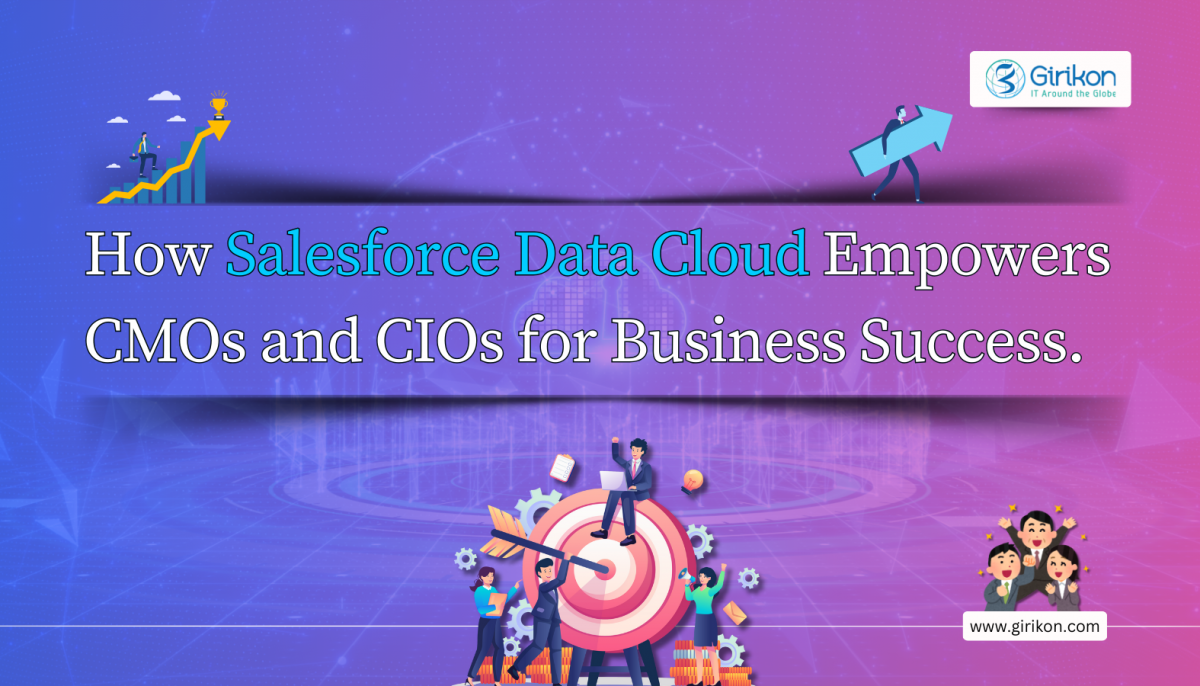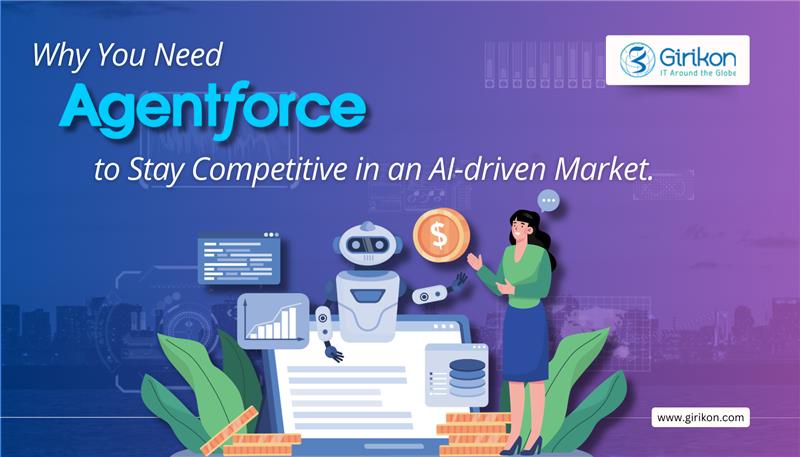Superior customer service lies at the heart of every business undertaking. Today, every customer looks forward to a frictionless and Omnichannel experience from their service providers. So, when customers face any type of friction during routine activity, not just their perception about the organization changes but the brand value of the institution too takes a hit. The banking and the financial sector is under tremendous pressure to fulfill the growing expectations of both customers, as well as its employees. This is because of the legacy systems, outdated processes and changing regulatory requirements that have pressurized banks and financial institutions to balance the provision of personalized customer service with the rising cost involved in meeting their rising expectations.
According to a survey conducted by Finextra and Pega, 90% of premium corporate clients consider switching financial institutions for superior servicing.
To eliminate friction across all touchpoints in the customer journey, banks would require having in place a system that not just does away with the loopholes of the traditional legacy system but is also optimized to provide efficient, personalized and high-end services. Blockchain – A distributed ledger technology has the potential to address the pain points of the banking and finance sector by helping streamline processes and removing inefficiencies. In fact, progressive organizations are adopting this innovative technology solution for overhauling their fractured processes and systems.
How Does Blockchain Benefit the Banking Sector?
Over the past few years, this innovative technology solution has drawn a lot of attention from investors and other banking experts thereby propelling its popularity beyond the Bitcoin fanatics. So, what is so unique about Blockchain that has taken the banking and finance sector by storm? The features of decentralization, immutability, transparency, etc. make it an extremely secure, transparent, and an impossible to alter platform. The consensus mechanism offered by the ‘smart contract’ functionality of this robust platform provides a way for different actors or parties that are a part of the Blockchain, to reach a state of an agreement without the need for an intermediary. By providing access to a ledger that isn’t administered by anyone, Blockchain can provide a wide array of financial services i.e. from record-keeping, third-party transactions, cross-border payments to back-end operations, audit and regulatory compliance in the most secure, transparent and efficient way.
While Blockchain offers endless possibilities for the Banking sector, the challenge for the financial firms lies in identifying the right use case as per their business needs. In other words, the journey of introducing Blockchain into your business model is indeed a challenge? Since the functioning of Blockchain is powered by data (usually stored in multiple places and formats by legacy business networks) it’s prudent to move the company’s database onto a Blockchain. This brings together data from the company’s databases, as well as other parallel systems including its partners’ data.
With this, all the parties will have instant access to a single source of truth (data and other important information) about a particular business process.
How Does Blockchain-powered Salesforce CRM Transform the Financial Sector?
While a robust CRM system like Salesforce offers a centralized location for storing data that comes from multiple sources, combining it with an innovative technology solution like Blockchain can help financial institutions significantly improve their workflows and build reliable partner networks that extend the CRM. Besides extending its’ capabilities of transparency, trust and traceability in every single customer interaction, a Blockchain-powered solution can help break down data silos and business boundaries.
The recently launched Blockchain initiative by Salesforce is the first and one of its kind Blockchain integrated into CRM. Powered by Salesforce Lightning and built using Hyperledger fabric, this low-code platform extends the capabilities of the Salesforce CRM by helping businesses build trusted partner networks that share substantiated and distributed data. Allowing developers to build DAAPS or Blockchain applications with simple clicks and no code, Salesforce powered Blockchain platform can help financial institutions understand their pain points while ascertaining opportunities to advance their business models. In a nutshell, it provides the trust and transparency that the financial sector requires to share with their customers, as well as themselves.
The Road Ahead:
Though banks and financial institutions are under strict regulatory pressure, more and more financial institutions are leveraging the tremendous potential of Blockchain technology to streamline it for transparent, reliable and accessible financial transactions. When integrated with a robust CRM platform like Salesforce, businesses can create new processes and models that can help them accelerate business speed and agility. As a forward looking financial organization, you can draw benefits from a Blockchain powered Salesforce platform by partnering with a reliable Salesforce consulting company.
In today’s competitive business landscape, banks and other financial service companies have to deal with rapidly evolving customer requirements. Today, with new entrants and consumer technologies simplifying the way people save and invest their money, the demand for the digitalized financial transaction along with high-touch and personalized experiences have increased manifold. To remain competitive, bankers and wealth managers require delivering smart and tailored experiences, which is significant for building best-in-class customer relationships.
While these customer-facing organizations have always understood the importance of providing superior customer service, they struggle to manually sew up and make sense of customer data from disparate sources. This calls the need to have in place a robust and intelligent system that can help organizations meet the growing expectations of customers for speed and personalization. Salesforce Financial Services Cloud – a financial software used for wealth management could be leveraged by organizations for enjoying a customized CRM experience.
Now, with the addition of Einstein Analytics to the financial service cloud, bankers and wealth managers have access to AI-powered insights that have helped them strengthen client relationships and grow their business.
Let’s take a quick at the amazing features that Einstein Analytics powered financial services cloud offers:
Actionable Insights Enabled by AI: With this, financial services professionals can get predictive guidance which is built-into routine client engagement. For instance, financial consultants can now receive updates about clients who are likely to grow their assets. This helps them to focus their attention on retaining such clients that too in a smart way.
In-built Industry Dashboards: These are built-in to help with data collection regarding the financial activities of clients. The pre-built templates help wealth advisors and retail bankers to gather quick insights using analytics rather than depending on a data scientist to share daily insights around common KPI’s. Now, retail bankers and wealth consultants can draw insights by directly accessing the dashboards, which in turn helps them in identifying opportunities, as well as threats.
Customizable Platform: To get a complete view of the financial goals and needs of their customers, users have the option to build custom apps and connect them to data from external sources.
Built-in Compliance: With an Einstein analytics powered financial services platform in place, users can expect data to be hosted in a secure, trusted and compliant cloud-based platform. This comprises of privacy, security, and other tools that are configured to fulfill compliance requirements.
How Does Einstein Powered Financial Cloud Services Help Fintech Companies?
Get Rid of Loopholes of Legacy Systems: Financial services organizations often face challenges fulfilling the expectations of their customers using their legacy systems that are outdated and inefficient. With all the useful features and customizations, the Salesforce financial cloud lends organizations the power to connect all the internal systems and push all the vital data to a single place i.e. the dashboard.
Better Engagement with Customers: To fulfill the growing requirement of their clients, financial service organizations require having a clear and comprehensive picture of their accounts, financial goals, etc. This becomes possible with Einstein powered Salesforce Financial service cloud, which besides fetching crucial client data from different systems and gathering in a single place i.e. the dashboard offers real-time recommendations. With a clear view of their customers, financial services organizations are better positioned to fulfill the expectations of their customers.
Better Compliance: The financial service industry deals with the constant pressure of being compliant. Packed with compliance features, the Salesforce financial services cloud paves way for hassle-free client communication, transparent collaboration, and simple to build internal processes. All this helps in saving a lot of precious time.
Quick Wrap Up:
The introduction of new capabilities i.e. Einstein Analytics into its financial services cloud has taken its performance a notch higher. With such updated features, wealth managers and bankers can leverage predictive analytics to remain more strategic about how they manage their book of business, as well as client relationships. So if you are a financial service organization looking to create a long-lasting professional relationship with your clients, it’s important that you partner with a Salesforce consulting company to avail robust CRM functions.
Girikon – a Salesforce consulting partner offers reliable Salesforce consulting, Salesforce support and Salesforce implementation services to businesses across the globe. As a reputed Salesforce consulting company, Girikon offers robust solutions that can transform the way organizations conduct their business.
One of the most crucial aspects of managing a business is creating and maintaining strong customer relationships. To remain relevant, businesses require figuring out ways through which they can consistently fulfill the evolving customer requirement in a hassle-free and streamlined way. An extremely effective way of forging strong relationships with customers is by implementing a robust CRM (Customer relationship management) system that can help organizations take customer satisfaction to the next level.
As leaders in the CRM space, Salesforce has created ripples in the world of marketing and sales. In fact, with its suite of features and applications, this innovative platform is beginning to find widespread adoption across different industry verticals. As organizations across the globe are searching for new methods to make the most of this innovative CRM, let’s take a sneak peek into the technological upgradations that are expected to happen in 2020, which in turn can enhance the experience of the users.
Make the CRM more technology-oriented: Salesforce made quite a few acquisitions in the year 2019, most of which have become highly profitable. Through these acquisitions, Salesforce intends to bring technological upgradations to its future CRM. These upgradations may include orchestrating enterprise data in the cloud, integration of location-based software, AI-powered communication tools, enhancing field service offering in-service cloud and more.
Lightning Platform will come to the fore: Salesforce aims to enhance its Lightning platform (not the classic platform) by introducing several user-friendly features for making it more useful and productive for its users in the year 2020. So, it can be assumed that users leveraging the Classic platform will migrate to the lightning platform. Users looking to make a smooth transition to the Lightning platform can get in touch with a reputed Salesforce consulting company.
Einstein Analytics will be Used for Scaling up AI: Just the way Salesforce introduced powerful features of Einstein Analytics to its cloud service offerings such as financial service cloud, commerce cloud, service cloud, etc. in 2019, there are high chances that Salesforce might introduce Einstein AI to many other cloud service offerings in 2020 as well.
Mobile capabilities will be Broadened: Prioritizing the mobility needs of sales reps is extremely important in today’s competitive business landscape. With the growing need for security, speed, and reliability of customer and enterprise-grade mobile experiences, it becomes important to adapt to the ever-evolving mobility environment. While Salesforce has introduced mobile SDK, which has not just flouted technical barriers but has also broadened its mobile capabilities. In 2020, the market leader is expected to take more steps to expand its mobile capabilities and take it to a new level.
New Industry Verticals to Join the CRM Bandwagon: With every passing year, Salesforce is witnessing more and more adoption by businesses across different industry verticals. This undoubtedly has increased the demand for its services. In the year 2020, Salesforce is more likely to expand its’ adoption to several other verticals including the retail and manufacturing industry. As evidence of industry-specific verticalization, Salesforce has presented Consumer Goods and Manufacturing Cloud as its CRM cloud solution.
The Emergence of Unified Customer Profile: The significance of data in offering superior services to customers cannot be denied. Consequently, a large number of organizations are switching to customer 360 primarily for gathering data from different units of the organization including Sales and marketing. This data can be leveraged to draw meaningful and actionable insights regarding sales forecasts, charting out the marketing plan, resolving customer service issues, etc. With Salesforce making significant investments in customer 360 and Mulesoft, it wouldn’t be wrong to assume that the year 2020 will witness the advent of a unified customer profile.
Conclusion:
As a cloud-based system, Salesforce continues to reign the CRM space. With an array of features, functionalities and applications in its arsenal, Salesforce has found widespread adoption among businesses across different industry verticals. Let’s hope that the year ahead lives up to all the predictions made for and by Salesforce allowing it to grow further and reach new heights of success.
Girikon – a Salesforce consulting partner offers reliable Salesforce consulting, Salesforce support and Salesforce implementation services to businesses across the globe. As a reputed Salesforce consulting company, Girikon offers robust solutions that can transform the way organizations conduct their business.

 +1-480-382-1320
+1-480-382-1320 +44-7428758945
+44-7428758945 +61-1300-332-888
+61-1300-332-888 +91 9811400594
+91 9811400594


















